Inverter Charging Light Not Blinking: Causes And Solutions
Your inverter sits quietly in the corner of your room, and you suddenly notice something…
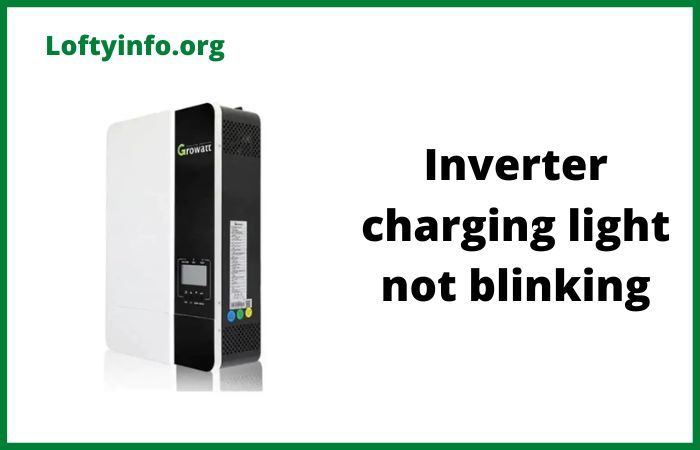
Your inverter sits quietly in the corner of your room, and you suddenly notice something…
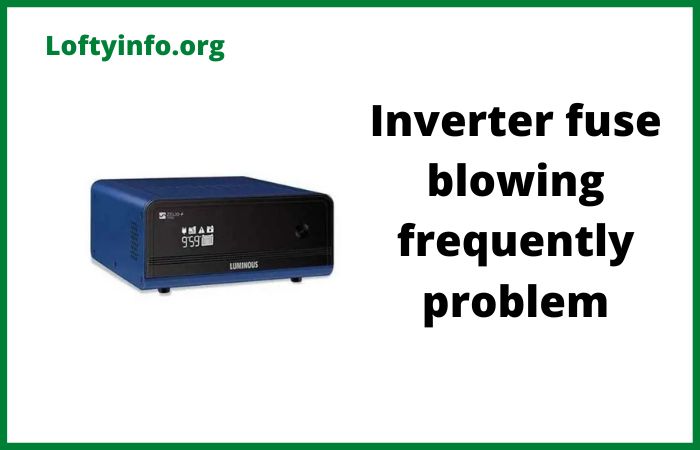
The frustration of dealing with an inverter fuse that blows repeatedly can disrupt your entire…
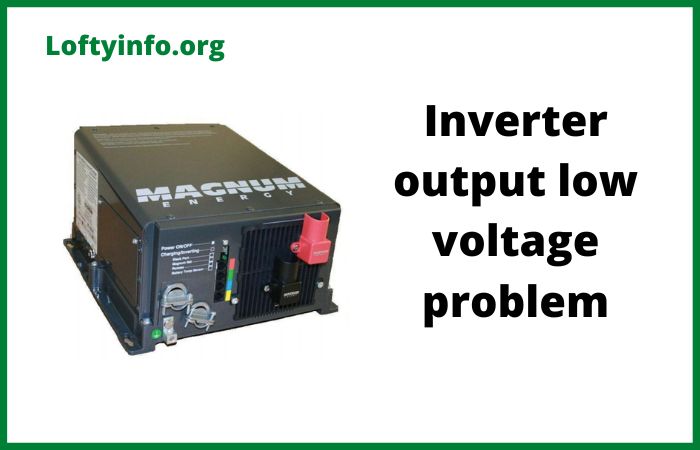
Your inverter shows it’s running but your appliances barely work. The fan spins slower than…
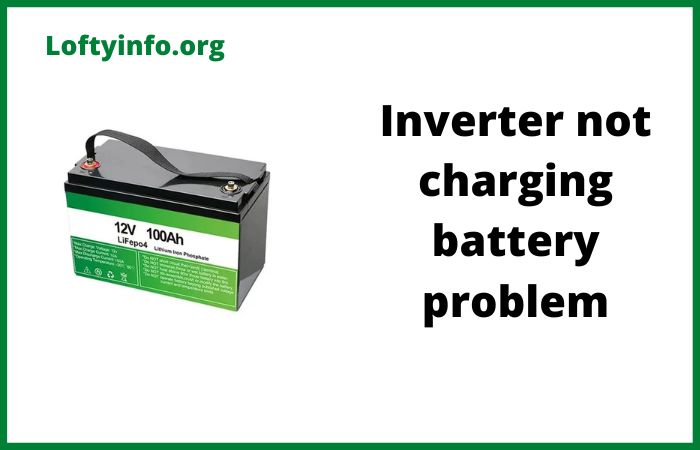
Your inverter switches on perfectly during power outages but the battery drains faster than usual. …
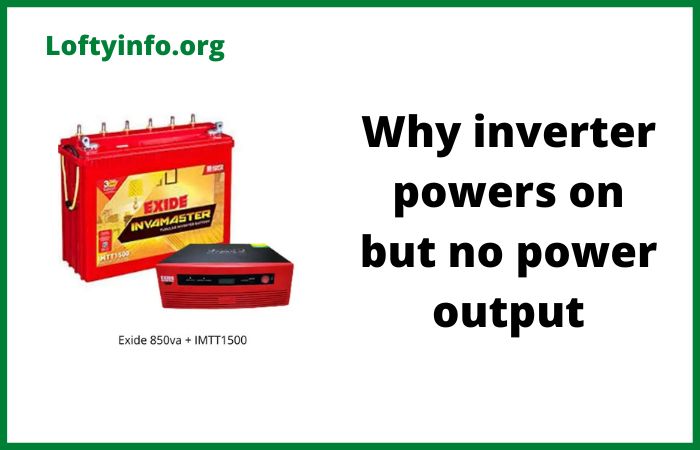
It is one of the most confusing problems for a home or business owner. You…
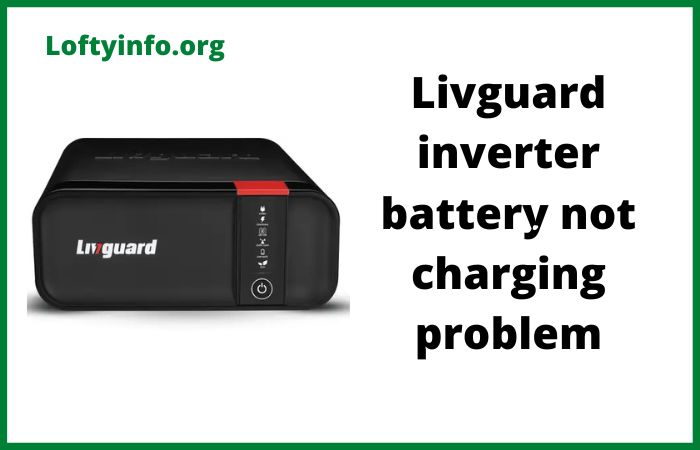
Power cuts during critical moments can be frustrating and a non-charging inverter battery makes the…
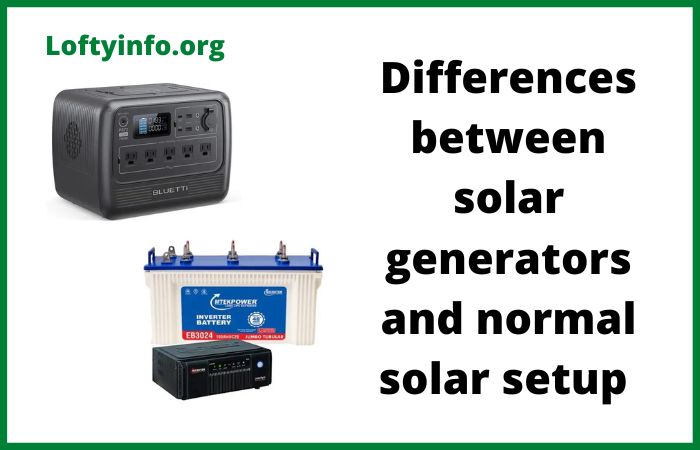
The solar energy market offers two distinct paths for homeowners and outdoor enthusiasts looking to…
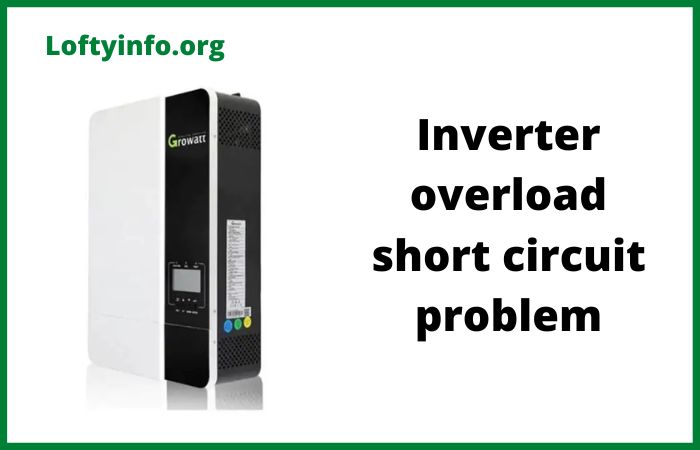
Modern power inverters have become essential devices in homes and businesses, converting DC power from…
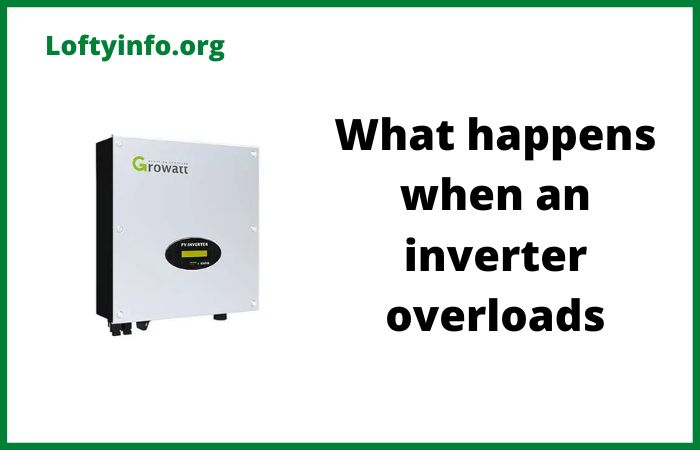
Inverters are essential devices that convert direct current electricity into alternating current for powering household…
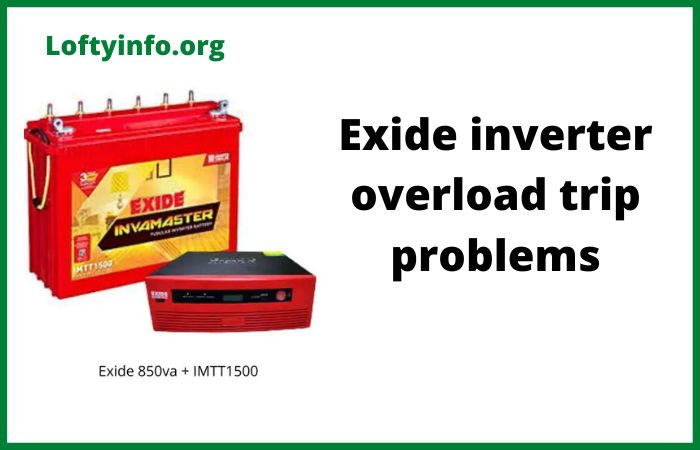
Exide inverters have earned their reputation as reliable power backup solutions for homes and offices…